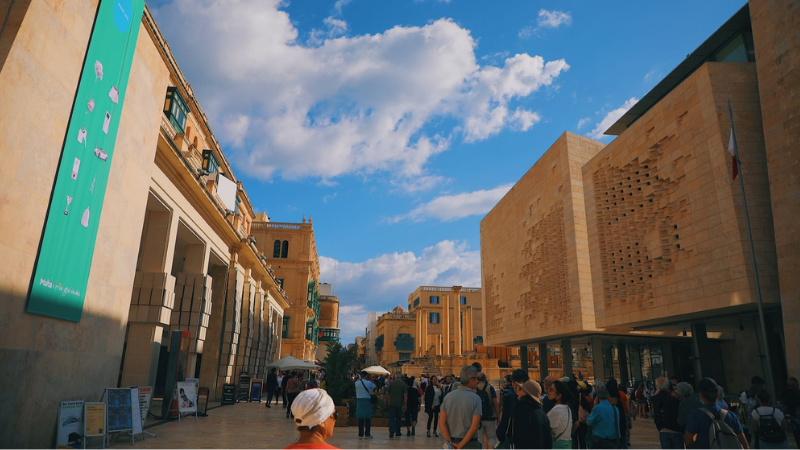The number of employees in government ministries and departments has soared as much as 14.6% in the past 12 months, with an overall increase of 4,317 employees since last year, budget data published by the government shows.
This brings the total number of ministerial and departmental staff to a staggering 33,870 in 2021, up from 29,553 in 2020.
The three largest ministries, education, health and home affairs, carry particularly large populations of government employees when counting essential State workers like teachers, nurses, doctors, police officers, soldiers, and civil protection officials, among others. These three ministries alone add up to a total of 23,763 employees.
However, the 33,870 people directly employed with a total of 21 government ministries account for just a fraction of Malta’s public service. Based on the government’s own lists of officially appointed bodies, there are 550 State entities distributed across all 21 ministries.
These 550 State entities, many of which are bloated with government-leaning appointees, include State-owned corporations, agencies, authorities, decision-making boards, commissions, foundations, panels and tribunals, among others.
In September, The Shift published an analysis showing that public sector jobs in 2021 swelled by at least 25% when compared to 2013, to a record 50,000 – translating to an increase of around 10,000 people since Labour rose to power.
The biggest observed increase in ministry employees, according to Budget data, occurred in the education ministry, with the number of employees increasing by 2,535 people in the span of a year, followed by an increase of 809 people employed with the health ministry and a 727 person increase in the national heritage ministry’s ranks.
Five different ministries employed a large percentage, or even an outright majority, of their employees outside of official designations on the government’s salary scale, with many employed through external contracts, including the offices of Equality Minister Owen Bonnici, National Heritage Minister Jose’ Herrera, Social Justice Minister Michael Falzon, Social Accommodation Minister Roderick Galdes and Inclusion Minister Julia Farrugia Portelli.
Curiously, the Office of the Prime Minister increased its number of employees by recruiting an additional 143 people, a noticeable increase from Robert Abela’s first year as prime minister.
At this point, the OPM employs a total of 485 people, three times as many as all other departments falling under Abela’s office combined, including the Department of Information, the government’s printing press, the electoral office, the Public Service Commission and the Industrial and Employment Relations Tribunal.
Officially appointed bodies
Yet again, the biggest ministry in terms of the total amount of officially appointed bodies answering to it is the education ministry, with a total of 72 bodies falling under its domain. Coming in at a close second is the economy and industry ministry, with 60 State entities under its command. The environment ministry clocks in third place with a total of 45 appointed bodies.
Data on how many people are employed at each one of these State-appointed bodies is not available. The Shift has sent questions to all 21 ministry spokespersons to ask for data related to the number of people employed in each respective ministry’s officially appointed bodies.
Besides the cumbersome amount of officially appointed bodies and the size of the government’s workforce, many of these bodies leave a lot to be desired when it comes to analysing what kind of work they produce and, therefore, what value for money they provide to the taxpayers funding their services.
One of the most frequently mentioned bodies is the Planning Authority, with the latest row between the public and the Authority being sparked over the organisation’s attempts to hide public objections to planning applications from its online data portal. The Authority reversed its decision just hours later, after widespread condemnation.
Some entities on the list of 550 officially appointed bodies are barely mentioned in public discourse at all, with people who are often ill-fitting for the roles they are supposed to be fulfilling.
One example of this is the economy ministry’s Guardian of Future Generations – a cursory online search for any work, press conferences or actual, tangible materials produced through a board that has at least six people on its payroll yields two headlines, one of which is about former Alternattiva Demokratika chairman Harry Vassallo being elected as chairman.














Fair-weather jobs do not last, and show the occupier to be of little value. After the (re)election, things will take on a greyer hue…